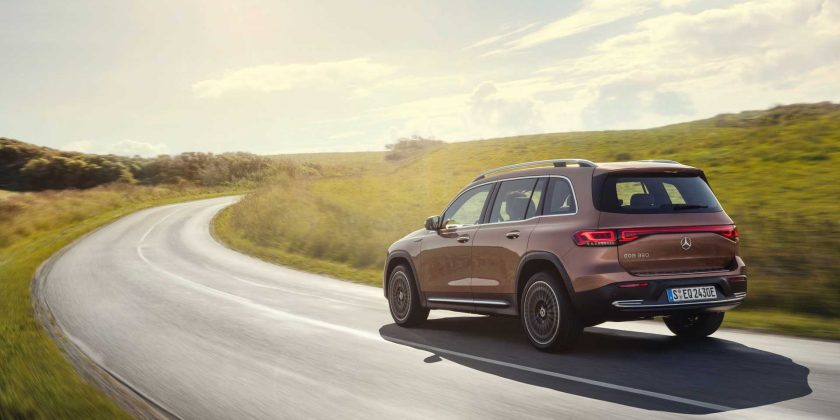Daimler CEO Ola Källenius revealed recently that some of the Mercedes-Benz cars will be powered by Lithium Iron Phosphate (LFP) batteries.
This type of cell is less expensive and might help to bring down the costs in the price-sensitive segments. However, the higher-end models with long range require different, more energy dense batteries.
According to the Bloomberg‘s interview in Atlanta (via Electrive), we might see LFP-powered Mercedes-Benz EQB cars starting in 2024 and 2025 with the next-generation Mercedes-Benz EQA and Mercedes-Benz EQB, which currently use a 66.5 kWh battery (usable capacity).
““We think there will be a lot of urban-oriented customers that don’t need the E63 AMG,” Kallenius said, referring to Mercedes’ performance sedan. “For those entry-level positions, in the future, we’re looking at” lithium-iron-phosphate batteries.”
The company does not reveal who might be the supplier of LFP batteries, but Daimler already partnered with CATL, one of the main LFP battery manufacturer, to use CATL’s NCM batteries in some cars (including the EQS) as well as LFP batteries in trucks/buses.
The news that Daimler will use LFP batteries in the entry-level models or base range versions does not surprise us, as currently it appears to be the main way to reduce the upfront costs for electric cars.
Tesla does the same with the standard range Model 3/Model Y, Chinese brands use LFP, and it would be extremely difficult to compete using the more expensive batteries, while their energy density advantage is not a necessity in the base versions.
We guess that most of the cars with battery packs of up to 60-70 kWh will be LFP-powered. Having a bigger battery increases the weight to a point at which NCM, NCA or other types are favorable.
Source: Read Full Article

